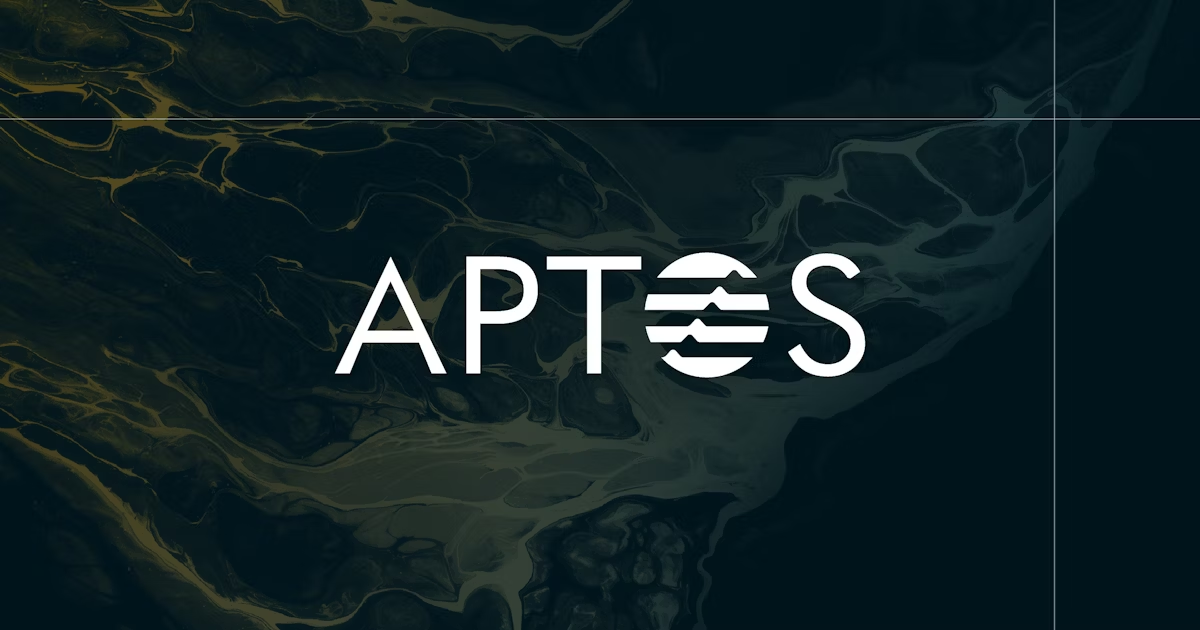Source: Aleksandra Sova – Shutterstock
- Cardano will receive the “Babel fees” mechanism, which will allow transaction fees to be paid in native tokens.
- The mechanism will bring more value to Cardano’s native tokens and create new business models.
One of the “birds” announced by Charles Hoskinson has landed. While not a major partnership with a company or a government contract in Africa, Hoskinson says it is “one of the biggest advances in the entire industry.” IOG announced the “Babel fees” mechanism, enabling the payment of transaction fees in native tokens on the Cardano blockchain.
Exactly. This is one of the biggest advancements in the entire space. And it’s Thursday for us. Welcome to Cardano https://t.co/7jMxh8QftV
— Charles Hoskinson (@IOHK_Charles) February 25, 2021
The technical basis is that Cardano native tokens – with the upcoming “Mary” upgrade – will be treated in the same way as ADA. As Prof. As Prof. Aggelos Kiayias, Chief Scientific Officer at IOG, explained in a blog post, the Extended UTXO (EUTXO) model “may carry not just ADA but in fact a token bundle that can contain multiple different tokens, both fungible and non-fungible. In this way it is possible to write transactions that transfer multiple different tokens with a single UTXO.”
This is also made possible by the fact that the amount of a transaction fee in Cardano, unlike Ethereum, can be accurately predicted:
Transaction fees in the ledger are denominated in ada according to a function fixed as a ledger parameter. A powerful feature of Cardano’s EUTXO model is that the fees required for a valid transaction can be predicted precisely prior to posting it.
This is a unique feature that is not enjoyed by other ledger arrangements (such as the account-based model used in Ethereum).
However, the mechanism is tied to the presence of liquidity providers which creates a market for “exciting” new business models, Kiayias said. For example, a stake pool operator (SPO), can publish exchange rates for certain tokens that it deems acceptable.
A SPO may accept a TokenX for an exchange rate of 3:1 via ADA. In Cardano’s native asset model, this can be implemented as a single UTXO, according to Kiayias. The exchange rate here can be defined completely freely by the SPOs, and can also be different between different SPOs, as there is no need for an agreement between SPOs on the value of a particular token.
But not only SPOs could cover the liabilities. It is also conceivable that SPOs could “partner with a third-party liquidity provider to issue matching transactions. In addition, third party providers can also act on the network independently and issue matching transactions.”
On the timing of when the “Babel fees” mechanism will be implemented on Cardano and the opportunities it presents, Kiayias explained:
The mechanism of negative quantities in token bundles can be implemented in the basic ledger rules of Cardano at some point following the introduction of native assets with the Mary Hard Fork.
Beyond Babel fees, the mechanism allows a variety of other interesting applications, such as atomic swaps for spot trades, […] It is yet another illustration of the power of Cardano’s approach and its ability to support a diverse and entrepreneurial community of users and stake pool operators.
Credit: Source link











































































































































